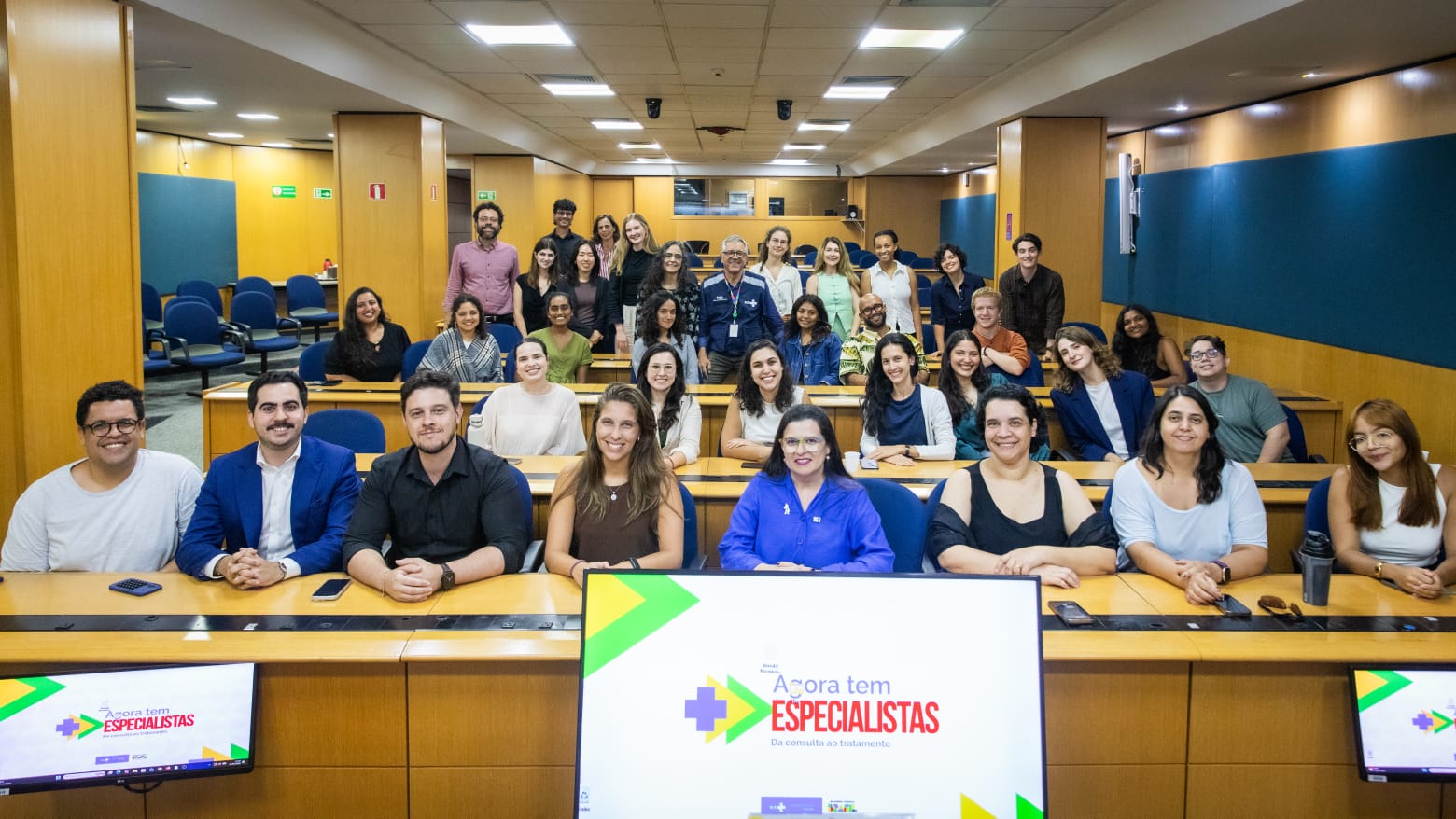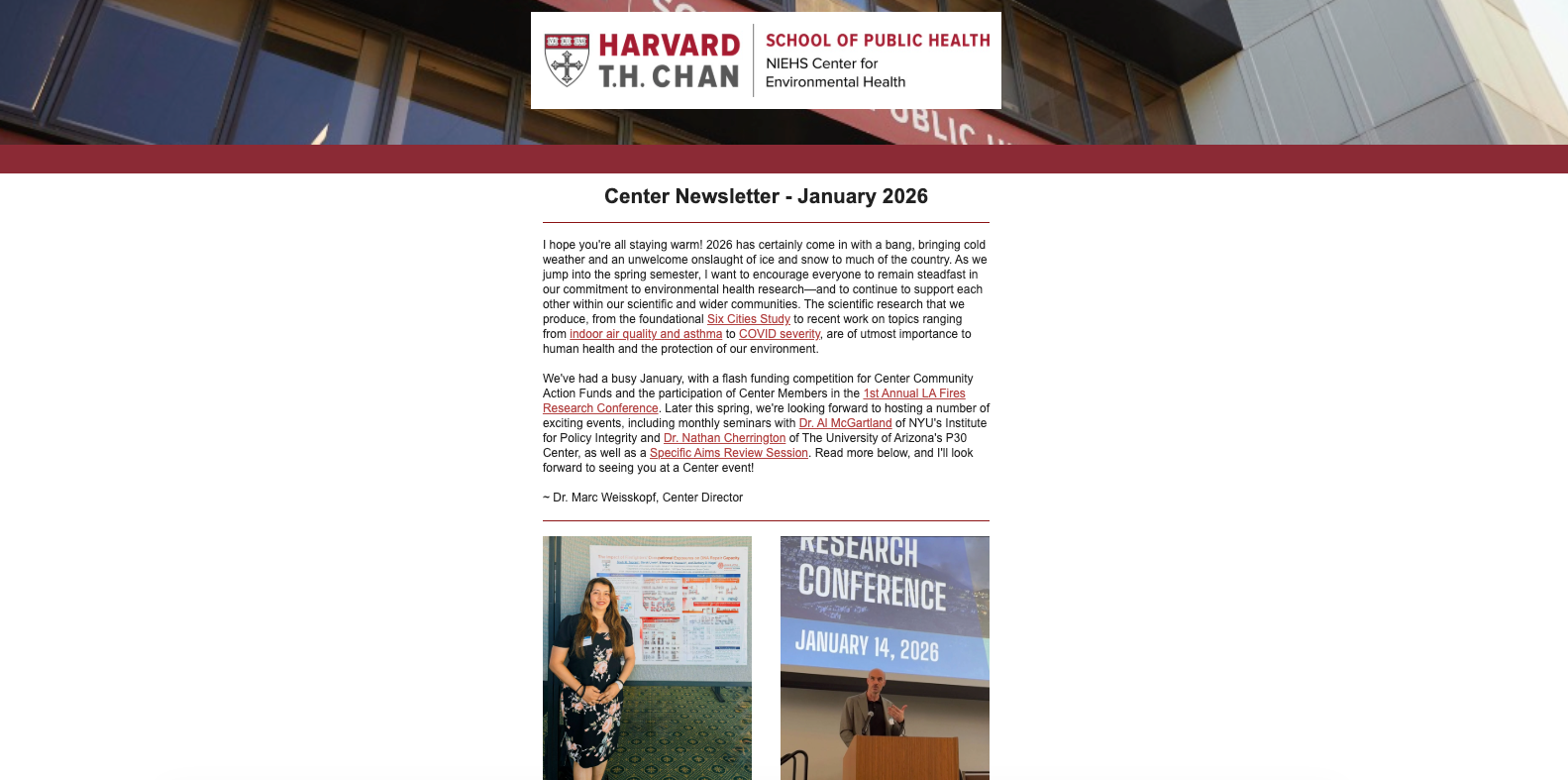MyDzung Chu

Assistant Professor
Institute for Clinical Research and Health Policy Studies Tufts Medical Center
Tufts University School of Medicine
Boston, Massachusetts
mydzung.chu@tuftsmedicine.org
Fellowship Project: Social and Environmental Drivers of Gestational Diabetes Mellitus Among Asian Immigrant Women
MyDzung T. Chu, PhD, MSPH, is a Faculty Researcher at the Center for Community-Engaged Medicine in the Institute for Clinical Research and Health Policy Studies and the Director of the ADAPT (Addressing Disparities in Asian Populations through Translational Research) Coalition at Tufts Clinical and Translational Science Institute. Trained as an environmental and occupational epidemiologist, she is interested in community-engaged research on social-structural and environmental determinants of health for Asian and immigrant populations, particularly in the built environment (e.g., home, workplace, neighborhood). She is currently collaborating with community partners to investigate the influence of acculturation and environmental risk factors on the gut microbiome for Asian immigrants during pregnancy, and to evaluate cultural responsiveness of existing mental health resources for Asian populations in Greater Boston. She is also on the Board of the Healthy Building Network. Previously, she completed a postdoctoral fellowship at the George Washington University where she examined the impact of federal housing assistance on blood lead levels using novel national data linkages and developed a national multidimensional Housing and Environmental Quality Index. She has also worked at the Massachusetts Department of Public Health and the Agency for Toxic Substances and Disease Registry and is a former Agents of Change in Environmental Justice Fellow and Gates Millennium Scholar. Dr. Chu received her PhD in Population Health Sciences from Harvard University, a MSPH in Environmental Health and Epidemiology from Emory University, and a BA in Neuroscience from Smith College.
Gestational diabetes mellitus (GDM) is a common pregnancy complication affecting 7.8% of pregnancies in the US, with notably higher rates in Asian (14.9%) and foreign-born women. While traditional etiological studies of GDM have focused on individual factors such as genetics and lifestyle, less than half of the risk is explained by these elements. Emerging research is exploring the role of social and environmental factors, ranging from acculturation and discrimination to pollution and neighborhood characteristics. However, there’s a lack of focus on how these factors specifically affect Asian and immigrant women, who face unique challenges like heightened environmental toxicant exposure and structural racism, exacerbated by the recent increase in xenophobia and anti-Asian sentiment. This study aims to address these gaps by examining the social and environmental influences on GDM risk, with a particular emphasis on racial/ethnic and nativity disparities


